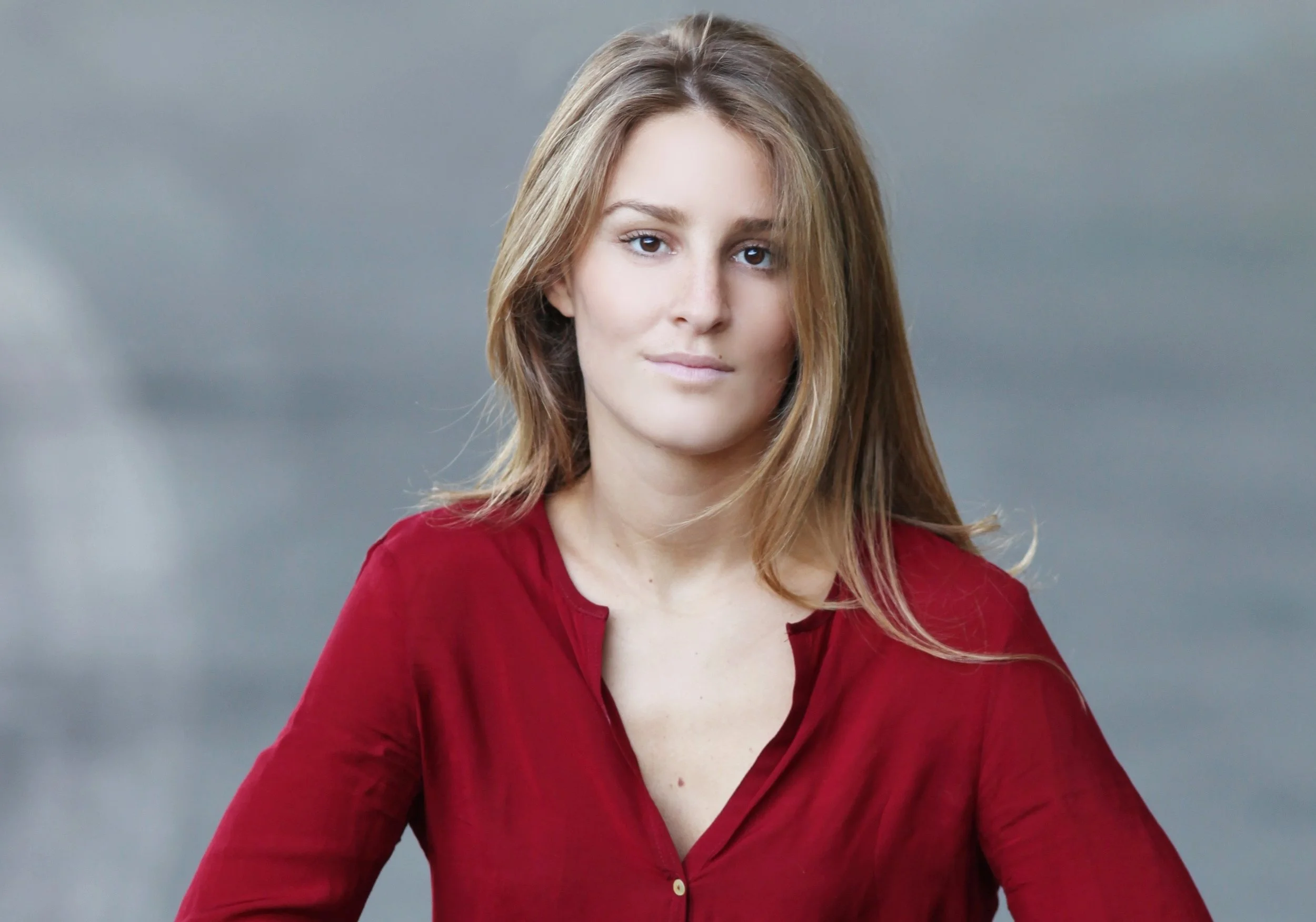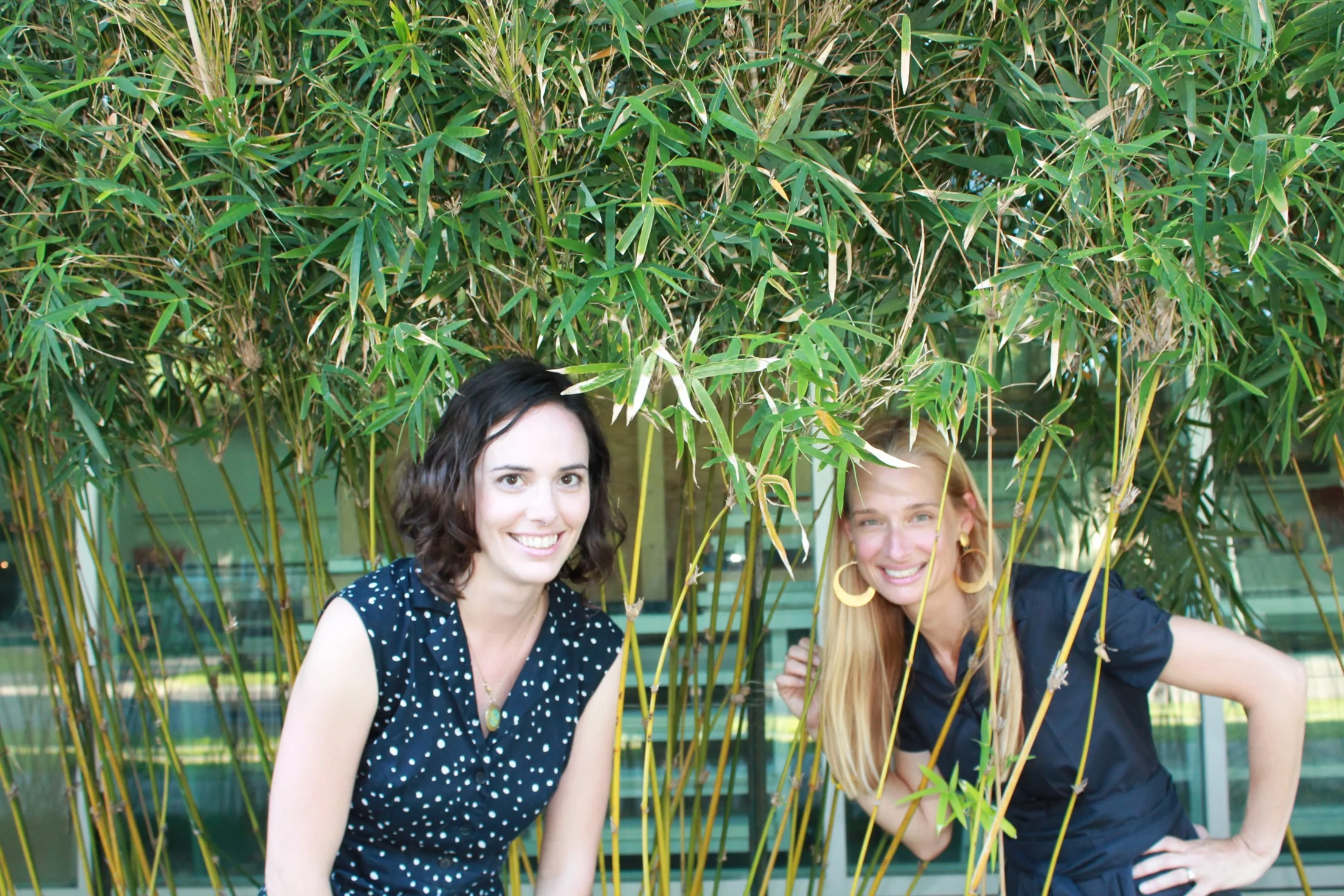Your Story
Your Story
Your Story Matters Here
Because the most powerful brand you’ll ever build is the one rooted in truth.
At FemFounder, we believe every woman’s entrepreneurial journey deserves to be seen, heard, and celebrated. Your story isn’t just personal—it’s part of a collective movement shaping what leadership, success, and visibility look like today. Whether you’re scaling a brand, launching your first product, or redefining your path entirely, your experiences hold power.
We’re here to tell them—with integrity, beauty, and the strategy they deserve.
✨ Ready to grow?
→ [Download the FemFounder PR Starter Kit — Free]
→ [Work with our in-house PR agency, Marquet Media]
→ [Explore templates, tools, and training in the shop]








